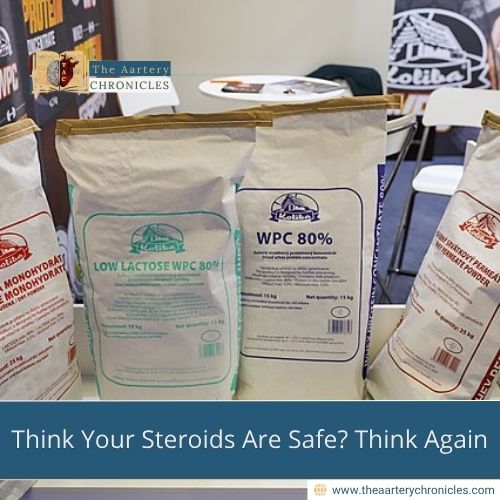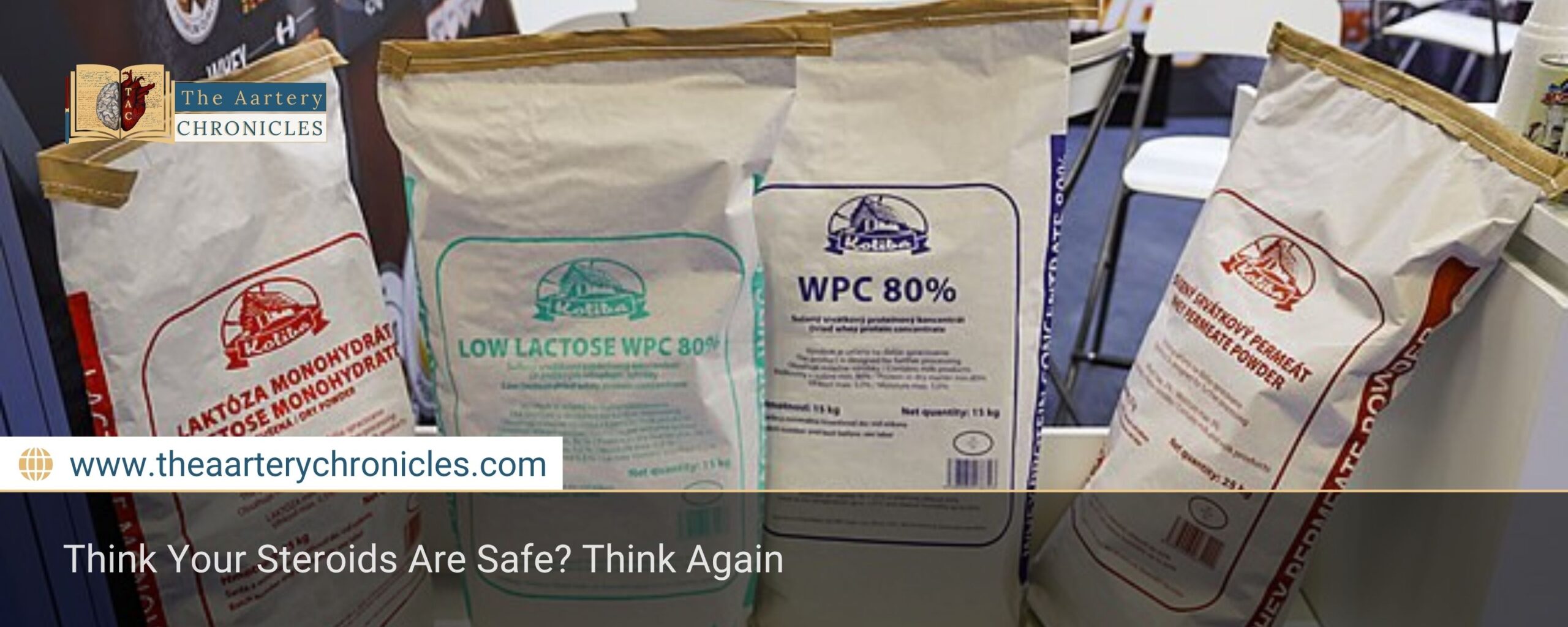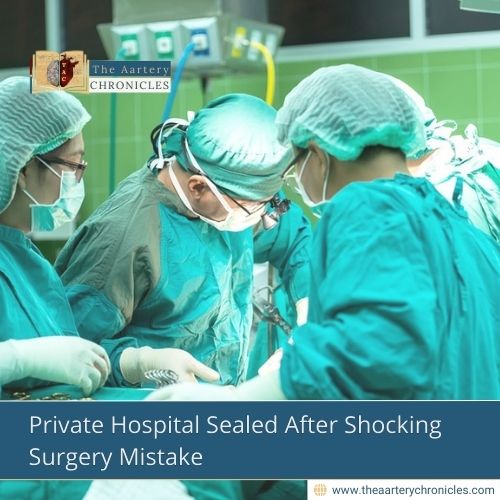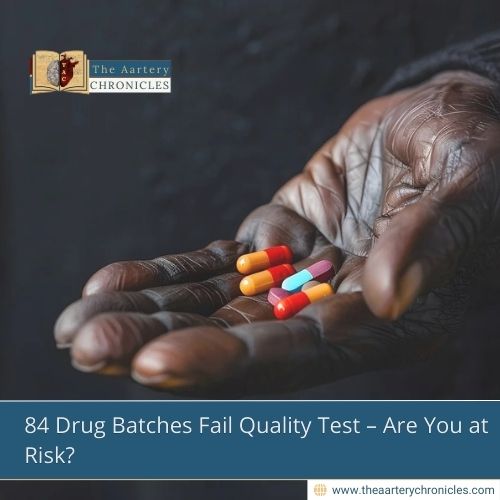

Think Your Steroids Are Safe? Think Again
The use of anabolic steroids is rising fast, especially among young adults looking to build muscle, improve their looks, or boost performance. Influenced by social media, fitness influencers, and the easy availability of steroids online, many gym-goers are turning to these drugs, often without knowing the real risks.
A new Australian study has uncovered a danger: many of these underground steroids are contaminated with harmful heavy metals like lead, arsenic, and cadmium, chemicals linked to cancer, kidney failure, and long-term brain damage.
What the Study Found
Researchers tested 28 illegal steroid products bought from online vendors and gym contacts. These included:
- 16 injectable oils
- 10 oral steroid tablets
- 2 raw steroid powders
Shocking results revealed:
- Over half of the products were fake or mislabelled. Some had incorrect dosages, while others contained different and often stronger steroids than advertised.
- Only 4 out of 28 products matched the correct drug and dosage.
- Every single product contained traces of toxic heavy metals.
Why Heavy Metals Are So Dangerous
Even though the amounts of heavy metals found in individual doses were within legal limits, steroid users often “stack” multiple drugs and take them over long cycles. This leads to dangerous buildup of toxins in the body, causing severe health problems over time:
- Lead: Damages the brain and heart; may reduce IQ and memory.
- Arsenic: Linked to skin, lung, and liver cancers
- Cadmium: Harms the kidneys and weakens bones
These substances can stay in your system for years, silently increasing your risk of cancer, heart disease, and cognitive decline.
Poor Manufacturing: The Hidden Cause
Most underground steroids are made in unregulated labs, often in countries with weak safety laws. Contaminated solvents, dirty equipment, and impure chemicals are common in these makeshift labs. Without proper testing, these poisons end up in the final products.
Unfortunately, users have no way to verify what’s in these steroids. There’s no quality control or legal oversight for these illegal products.
What Are Anabolic Steroids, and Why Do People Use Them?
Anabolic steroids are synthetic versions of testosterone, the hormone that helps build muscle and male traits. Doctors may prescribe them to treat certain conditions like hormone deficiency or muscle-wasting diseases. However, many people misuse them for faster muscle growth, fat loss, and performance gains.
In Australia, possessing steroids without a prescription is illegal and can lead to heavy fines or even jail time, depending on the state.
Misconceptions Around "Smart" Steroid Use
Some people believe that if they dose carefully or cycle steroids properly, they can avoid harm. But this is misleading. Even correct dosing can’t prevent risks from contamination or mislabeling. Many underground products contain completely different substances than what’s written on the label.
Why the Problem Continues
Unlike other drugs that can be tested quickly at music festivals or clinics, steroids require complex lab testing. This makes it difficult to detect harmful contaminants without expensive equipment. At the moment, only a few countries like Australia and Switzerland offer research-based testing for steroid users.
What Experts Recommend
To tackle this growing health threat, experts suggest the following strategies:
- National steroid testing and monitoring programs
- On-site steroid testing in needle-and-syringe programs
- Community clinics where users can test products safely
- Peer-led education campaigns designed by experienced steroid users
- Involvement of doctors and health workers who understand both the risks and user behaviour
If you or someone you know is using steroids bought online or from informal sources, the risks may be far greater than expected. Contaminated and mislabeled products can silently damage organs, increase cancer risk, and cause lasting brain damage.
The best protection is awareness, testing, and access to professional guidance. When it comes to your health, there is no safe shortcut.
Source: Inputs from various media Sources

Priya Bairagi
Reviewed by Dr Aarti Nehra (MBBS, MMST)
I’m a pharmacist with a strong background in health sciences. I hold a BSc from Delhi University and a pharmacy degree from PDM University. I write articles and daily health news while interviewing doctors to bring you the latest insights. In my free time, you’ll find me at the gym or lost in a sci-fi novel.








